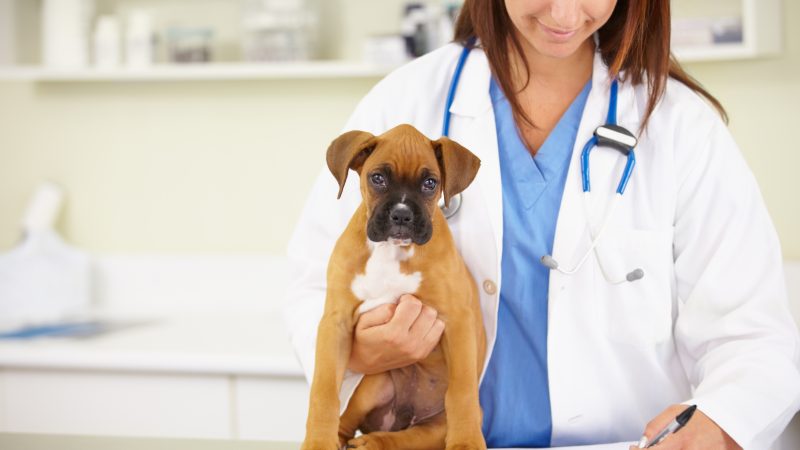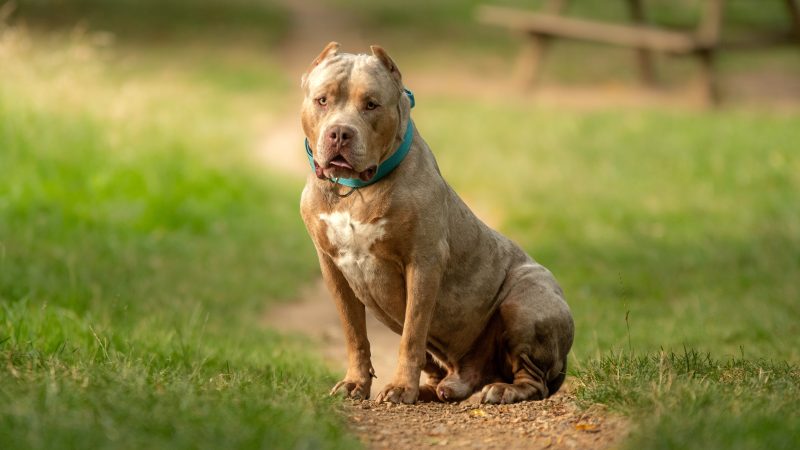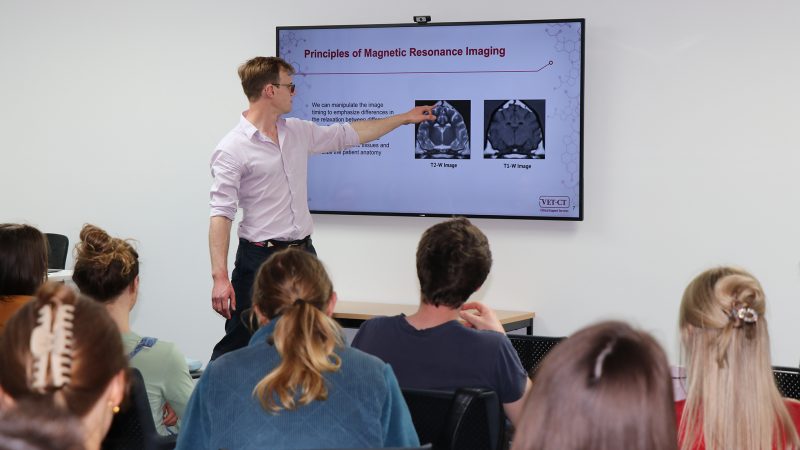The British Veterinary Association joined 21 veterinary associations across the globe on Thursday in endorsing the World Veterinary Association’s (WVA) position on the Global Climate Change Emergency.
To mark World Earth Day, the WVA highlighted its new position, which recognises that climate change affects the health and welfare of animals.
It also recognises that veterinarians, in their role as advocates for animal health and welfare, and public health, have a role to play in protecting ecosystem health, and actively working to help mitigate the effects of climate change.
BVA junior vice-president, Justine Shotton said: “We know that many of our members care very deeply about environmental issues with 89% of those who took part in a recent Voice of the Veterinary Profession Survey saying that they would like to play a bigger part in the UK’s sustainability agenda.
“The BVA is committed to helping support our profession towards a more sustainable future.

“We continue to contribute to stakeholder discussions, lobbying work and development of resources for ways in which vets can feed into the UK’s sustainability agenda, and we strongly support the WVA’s position on the Global Climate Change Emergency.








